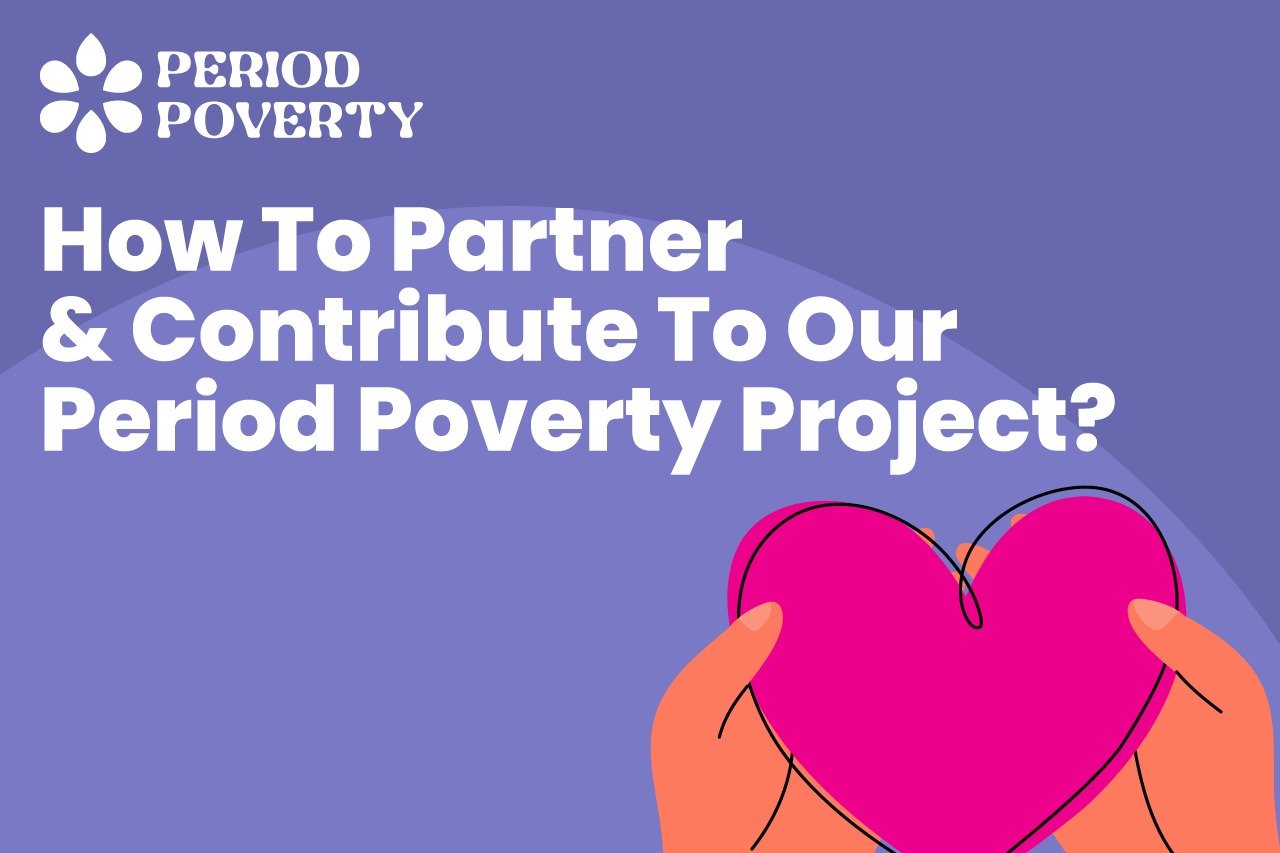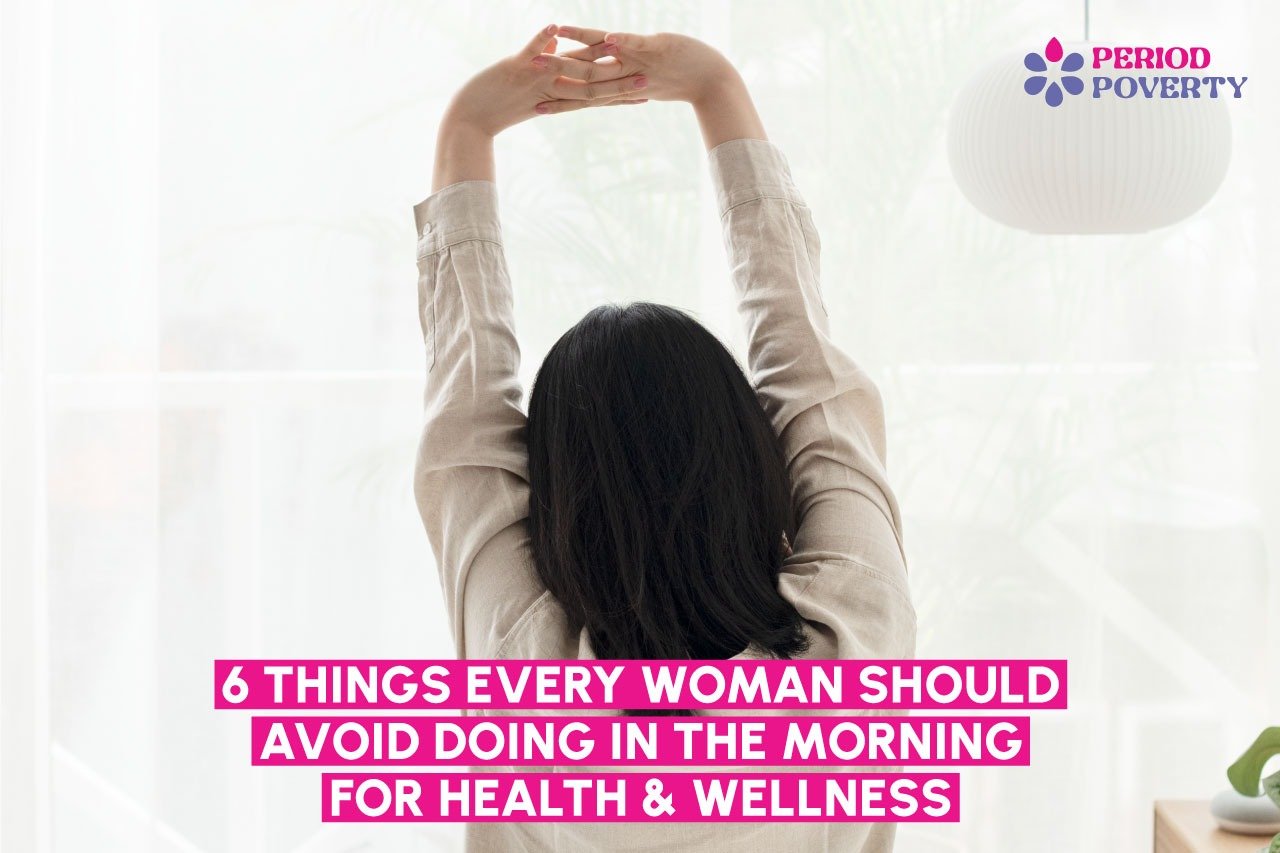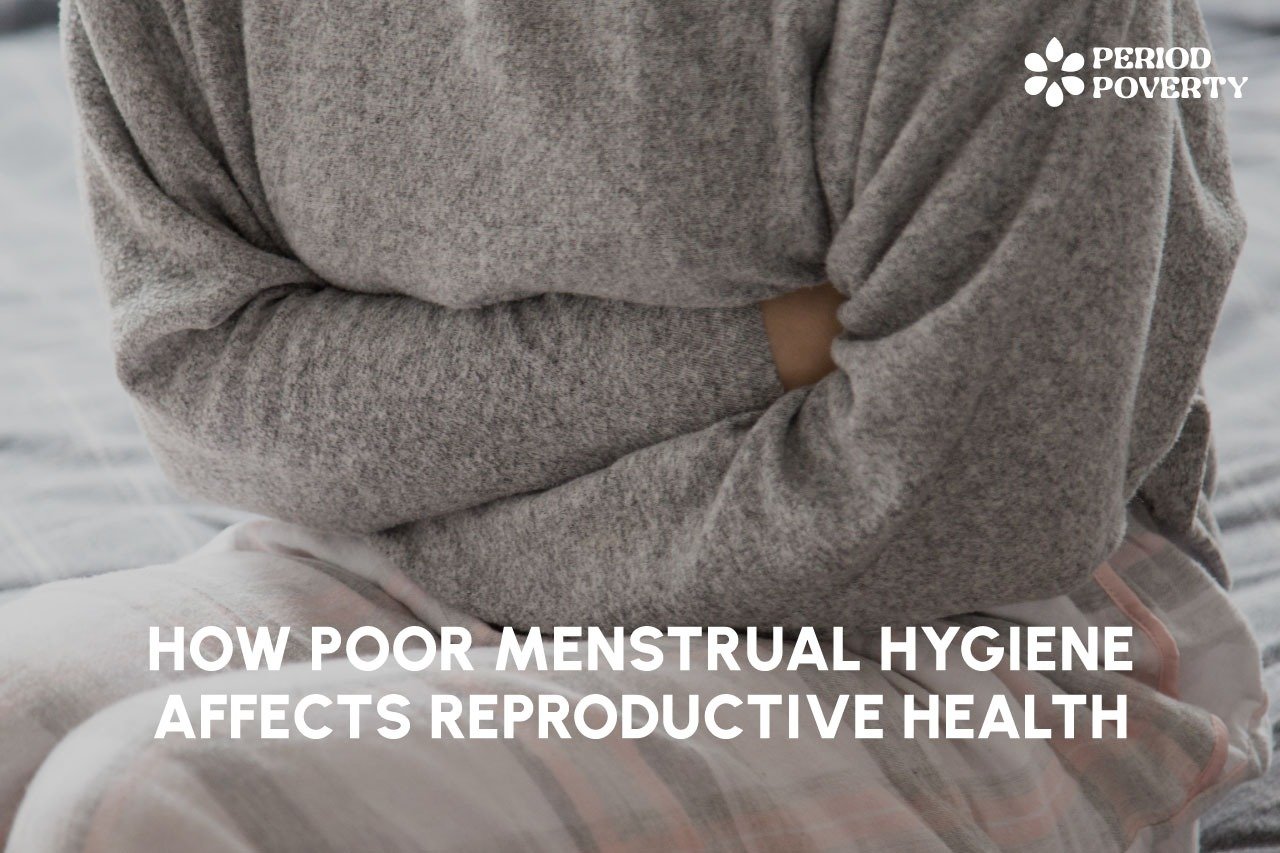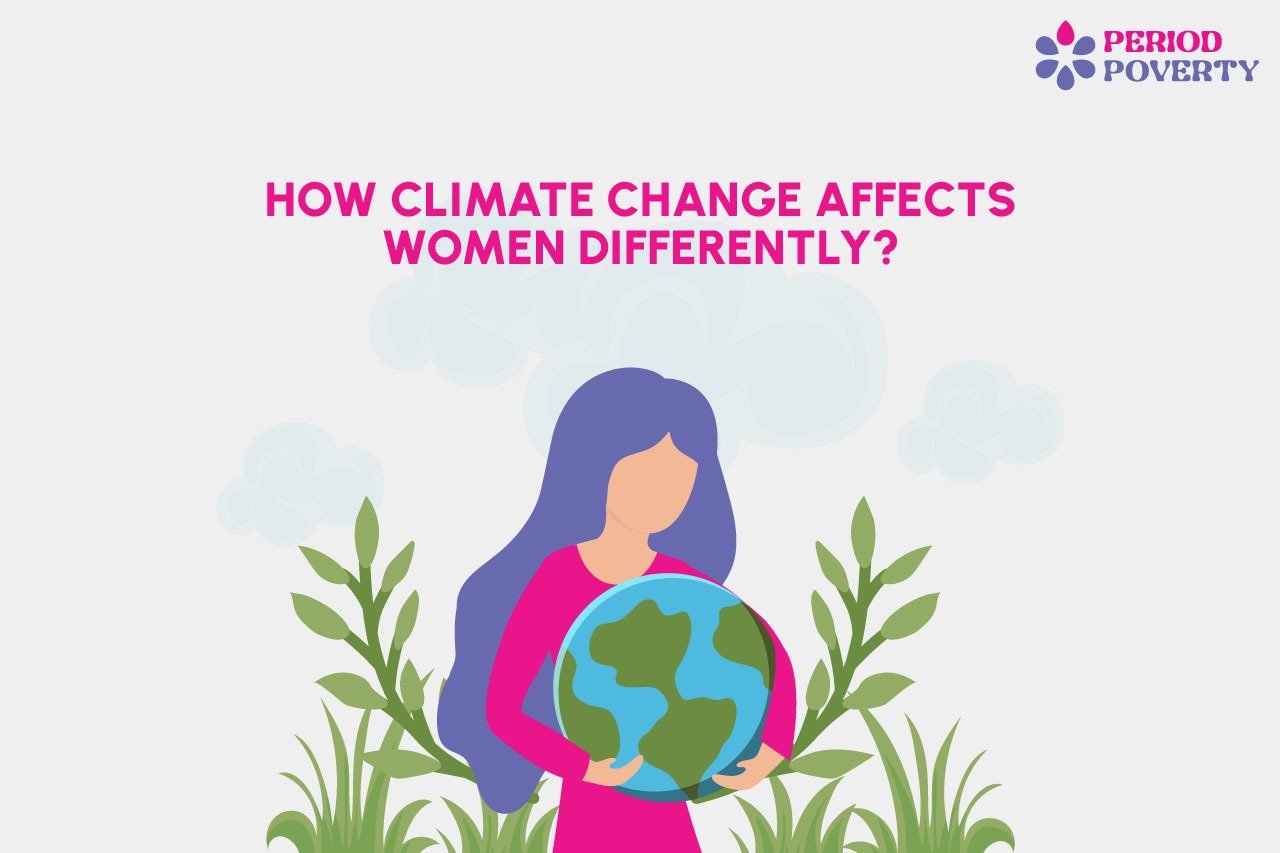The passage of time has brought profound changes to the way women experience their menstrual cycles, shaping not only their personal lives but also their overall well-being. From the mysterious rituals and customs of ancient civilizations to the intricacies of modern-day living, the journey of menstruation unveils a fascinating narrative of adaptation and transformation. This blog embarks on a journey through history, exploring how the understanding and management of menstruation have evolved and the profound impact these changes have had on women’s health. By delving into the depths of this evolution, we aim to shed light on the challenges faced by women and the strategies to navigate the complex web of menstrual health in contemporary times.
As we navigate this journey, it’s crucial to recognize that the evolution of menstrual experiences is not merely a matter of historical curiosity but a pivotal aspect of women’s lives. It’s a reflection of how societal, dietary, and lifestyle changes have intricately interwoven with the rhythms of a woman’s body. From ancient traditions to the challenges posed by modern diets and fast-paced living, we will unravel the factors that have given rise to irregular menstrual patterns and their potential implications for fertility and overall reproductive health.
Ancient Menstrual Practices: Patterns from the Past
In the grand tapestry of human history, there are countless threads that have shaped our lives, and one such thread is the cultural significance attached to menstrual cycles. From ancient rituals shrouded in mysticism to the restrictive taboos that dictated women’s lives, the history of menstruation is an intriguing journey through time and culture. As we look back at the mysticism and taboos surrounding menstruation in history, it becomes clear that these beliefs have left an indelible mark on the modern-day experiences of menstruating individuals. Although many societies have made significant strides in breaking down the taboos and stigmas associated with menstruation, echoes of the past still resonate in various forms. Today, we see this legacy in the continued stigma around openly discussing menstruation, the persistent lack of access to menstrual hygiene products for many, and the challenges faced by menstruating individuals in various cultural and social contexts.
Modern Factors: The Changing Rhythm of Menstrual Cycles
Let us explore how societal shifts and evolving norms have created new dynamics around menstrual regularity, emphasizing the need to adapt and empower women to navigate these changes for their overall well-being.
Dietary & Lifestyle Impact
Contemporary dietary habits have evolved drastically over the years, with convenience and processed foods becoming more prevalent. These dietary shifts have had a profound impact on women’s menstrual health. A diet high in refined sugars, processed foods, and unhealthy fats can disrupt hormonal balance, leading to irregular periods and more severe menstrual symptoms. Additionally, the prevalence of extreme dieting and restrictive eating patterns can further exacerbate menstrual irregularities. Our exploration will underscore the importance of a balanced and nutritionally sound diet in maintaining a healthy menstrual cycle and overall reproductive health.
Stress is a major contributor to the changing landscape of menstrual health in modern times. The demands of the contemporary world, coupled with the constant pressure to juggle multiple responsibilities, can lead to elevated stress levels. Chronic stress can disrupt the delicate hormonal balance necessary for regular menstrual cycles, often resulting in irregular periods and heightened discomfort. Sedentary lifestyles, characterized by long hours spent sitting and a lack of physical activity, further compound these issues. We’ll also explore how environmental factors, such as exposure to endocrine-disrupting chemicals, can interfere with hormonal regulation. By highlighting these elements, we aim to raise awareness about the importance of stress management, physical activity, and environmental awareness in maintaining menstrual health.
The consequences of irregular menstrual cycles extend beyond discomfort and inconvenience; they can significantly impact a woman’s reproductive health. Irregular periods can be indicative of underlying health issues, potentially affecting fertility. In this section, we’ll address the potential challenges modern choices pose to women’s fertility and reproductive health. From the delay in childbearing due to changing priorities to the heightened risk of conditions like polycystic ovary syndrome (PCOS) and endometriosis, we’ll connect the dots between lifestyle factors and their impact on long-term reproductive well-being. This will underscore the urgency of understanding and addressing these modern challenges to support women’s fertility and overall health.
Menstrual Products Through the Ages
Throughout history, women ingeniously improvised methods to manage menstruation, with cloth scraps, animal skins, and even moss serving as makeshift menstrual pads in ancient civilizations. While these resourceful solutions prioritized survival over comfort and hygiene, women often grappled with discomfort and health risks, even if the environmental footprint was minimal. Fast forward to today, and women have a wealth of menstrual products that place hygiene, comfort, and convenience at the forefront. Meticulously designed menstrual pads and tampons offer efficient and discreet options, while the recent introduction of menstrual cups presents an eco-friendly alternative that is both convenient and sustainable. The transition from primitive to modern menstrual products has significantly improved women’s health and comfort, as modern options are highly absorbent, reducing the risk of infection and discomfort that plagued women in the past. Innovations like menstrual cups not only provide a cost-effective, environmentally conscious alternative but also empower women to take control of their menstrual hygiene and comfort.
Empowering Women: Navigating Modern Menstrual Health
In a world that’s constantly evolving, women’s health and well-being are more important than ever. Irregular periods can be a challenging aspect of a woman’s life, affecting not only her physical health but also her emotional and mental well-being. We’re here to provide you with strategies to navigate the challenges of irregular periods in the modern era.
Lifestyle Adjustments for Menstrual Regularity: One way to regain control over your menstrual health is through lifestyle adjustments. A well-balanced diet, regular exercise, and adequate sleep can all contribute to menstrual regularity. Additionally, stress management techniques, like meditation and yoga, can help in regulating your menstrual cycle. These small but meaningful changes can have a profound impact on your well-being.
The Power of Dietary Choices: Dietary choices can play a significant role in menstrual health. Consuming a diet rich in fruits, vegetables, and whole grains can provide essential nutrients that support regular periods. Foods high in antioxidants, such as berries and leafy greens, can help reduce inflammation and regulate hormonal imbalances. Making informed choices about what you eat can make a world of difference.
Promoting Awareness and Education: Empowerment begins with knowledge. Understanding how lifestyle choices impact your menstrual health is crucial. By promoting awareness and education about the connection between daily habits and menstrual regularity, we aim to empower women to make informed decisions about their well-being. With knowledge comes the ability to take control of your own health.
The Role of Advocacy, Technology, and Community Support: In the journey to empowerment, advocacy, technology, and community support are invaluable assets. Advocacy helps women advocate for their needs, ensuring that menstrual health is a priority in healthcare. Technology, such as menstrual tracking apps, provides valuable resources for monitoring and understanding your cycle. Additionally, finding a supportive community can offer strength and encouragement on your path to better menstrual health.
Join Our Period Poverty Project: We believe that no woman should be held back by a lack of access to menstrual hygiene products or health resources. By supporting our Period Poverty Project, you can actively contribute to the cause of empowering women. Your support helps ensure that menstrual hygiene and health resources are accessible to all, regardless of their circumstances. Together, we can make a meaningful impact on the lives of women and promote a more equitable and empowered world.
In the modern world, empowering women to take control of their menstrual health is not just a mission; it’s a movement. By implementing these strategies, supporting advocacy efforts, leveraging technology, and finding strength in the community, women can navigate irregular periods with confidence and embrace a healthier, happier life. An open dialogue surrounding menstrual health is an essential step towards better understanding and support, enabling women to navigate the complexities of their menstrual cycles with knowledge and confidence and fostering a world where their well-being and reproductive health are prioritized and valued.
To learn more, visit our website at www.ppoverty.org






